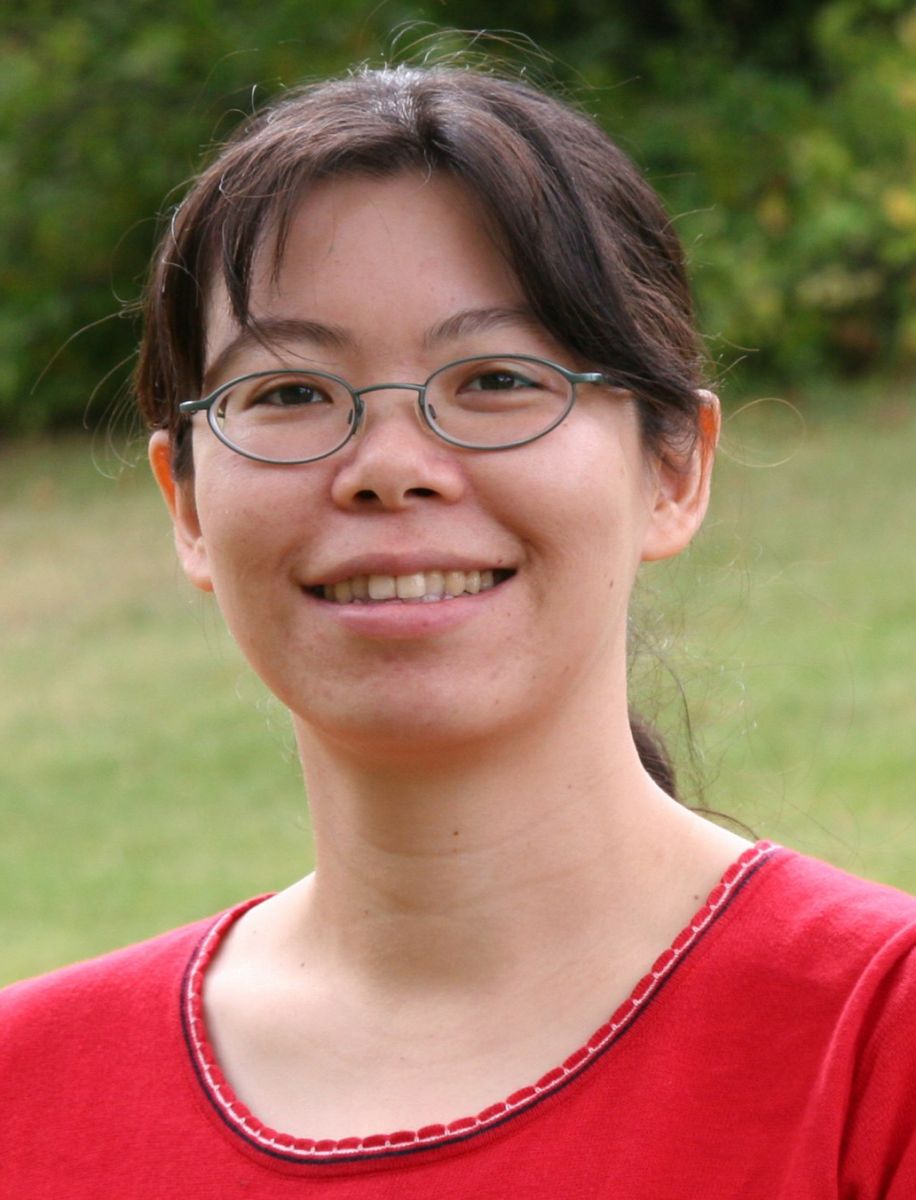Dr. Pei-Ying Lin
 Biography
Biography

Dr. Pei-Ying Lin is an Associate professor at the Department of Educational Psychology and Special Education of the University of Saskatchewan, works with diverse populations of children, youth, parents, in-service and pre-service teachers, university faculty members and staff as well as testing agencies over the years. Her research interests include the use of varied research methods- quantitative, qualitative, mixed methods, and experimental approaches- for studying instructional and assessment practices and policies for students with special needs, gifted children, and English language learners. She continues working on an array of research projects since her doctorate at the Ontario Institute for Studies in Education of the University of Toronto. Recently, Dr. Lin and her team embarked on a project to better understand how Canadian teachers make decisions on how best to help students with special needs needing instructional and test accommodations. Her team is currently developing an evidence-based, online teacher decision-making program to help teachers across the country with training. Dr. Lin, as PI of the project, is grateful that this research has been funded by the Social Sciences and Humanities Research Council of Canada (SSHRC). More information about Dr. Lin and her work can be found at https://education.usask.ca/profiles/lin.php#About
 Invited Symposium Title
Invited Symposium Title
Accessibility, Accommodation, Modification, Strategy, or Intervention? A Discussion on terminologies that Often Confuse Educators
 Invited Symposium Description
Invited Symposium Description
The international Organisation for Economic Co-operation and Development (OECD) recognized that the numbers of students needing accommodations are increasing exponentially (OECD, 2013), and recommendations were made that accessibility and accommodation plans should also be in place to support these children during the COVID-19 pandemic (Ontario Ministry for Seniors and Accessibility, 2020). Over the decades, a variety of test accommodations (e.g., setting, extended time, computer) have been offered to these students who participate in large-scale and classroom assessments. For instance, I found that 69 accommodation packages were offered to gifted students needing accommodations (n = 525) who wrote a provincial literacy test in 2015 (Ontario Secondary School Literacy Test [OSSLT])(Lin & Lin, 2018). In particular, 82.75% of these students in Canada received more than one accommodation. The changes, known as accommodations, that are made to test administrations should support students in managing the difficulties resulting from their disabilities and ensure the students have equitable access to the content for both instruction and assessment. However, such changes should not alter the test constructs being measured. There are important distinctions between the several terminologies used in this field, including accessibility and accommodation, modification, strategy, and intervention. These terminologies are often misunderstood and misused by educators at K-12 and postsecondary institutions over time. In this presentation I will discuss each terminology based on the theories and practices of special education, assessment, and educational measurement. Discussions will be accompanied by examples to help the audience better understand the distinctions among the terminologies that often confuse educators.